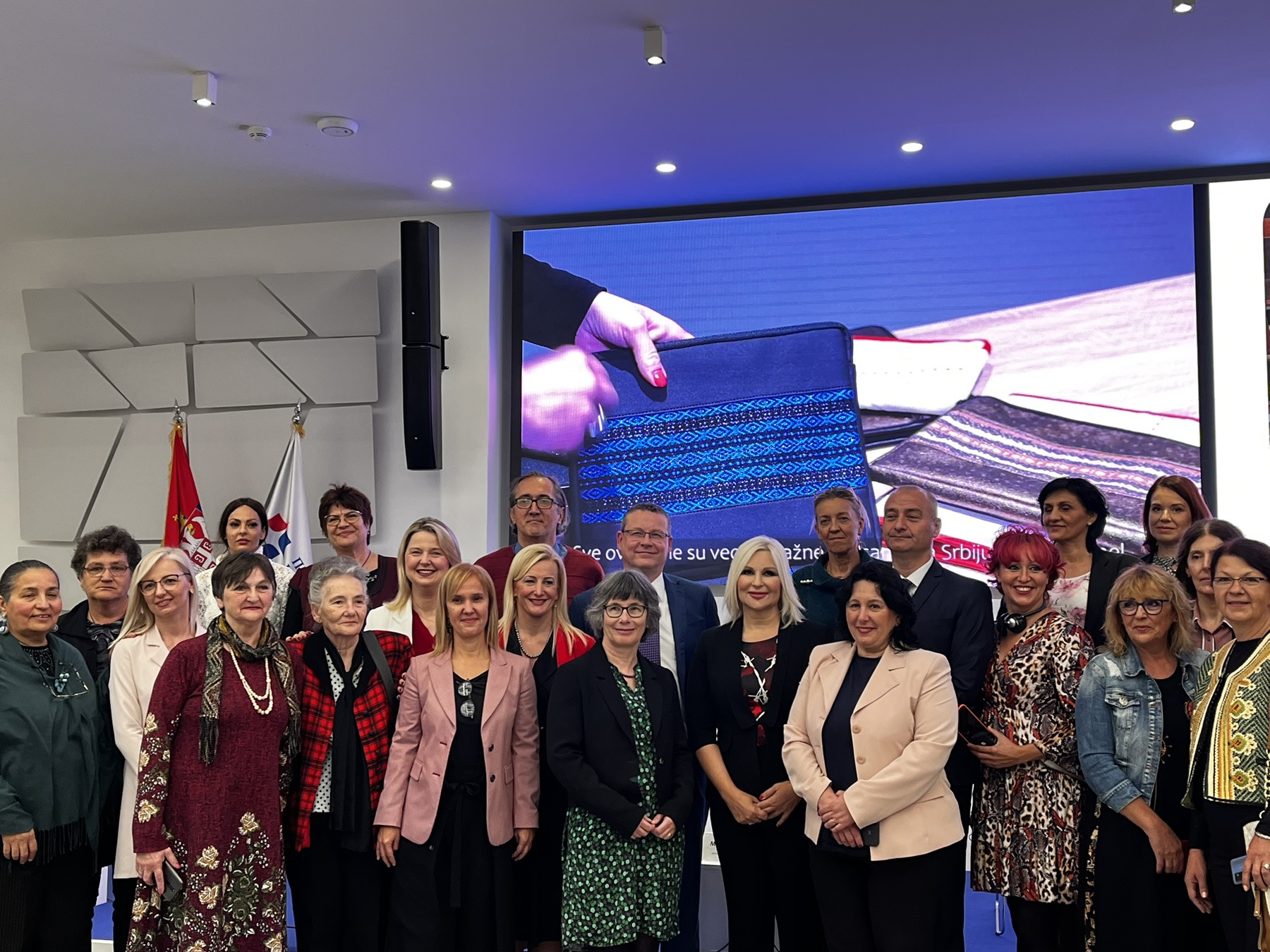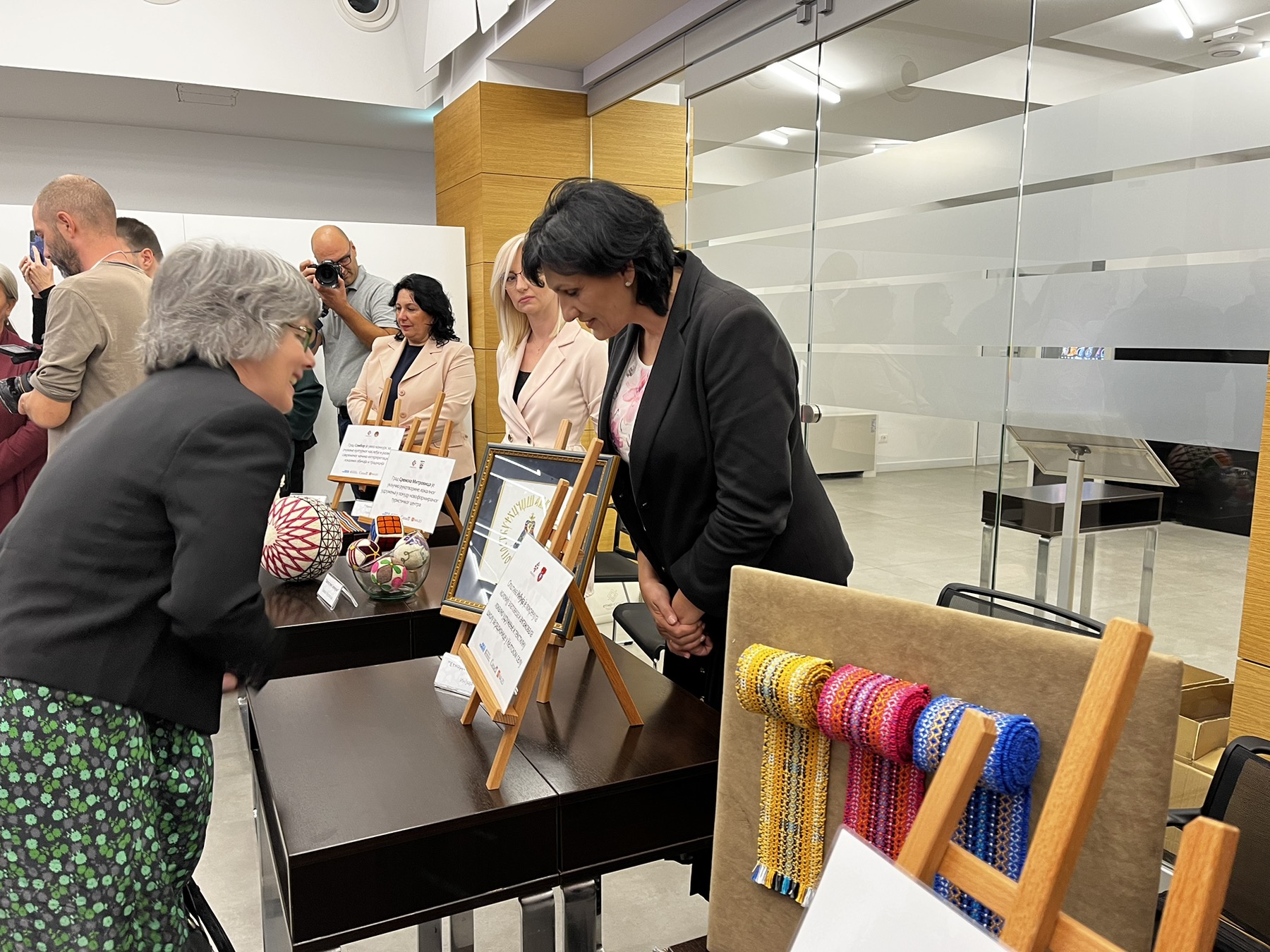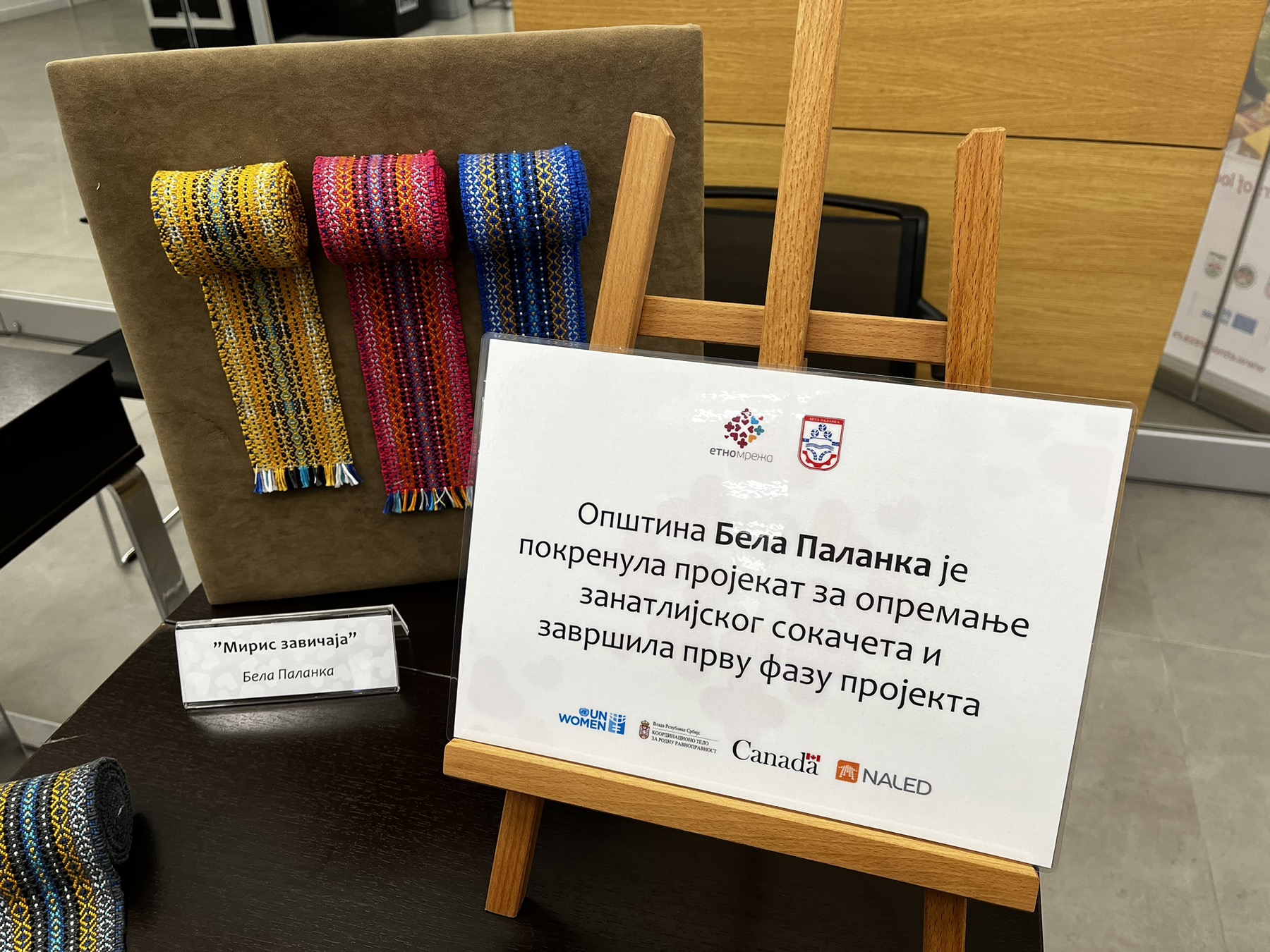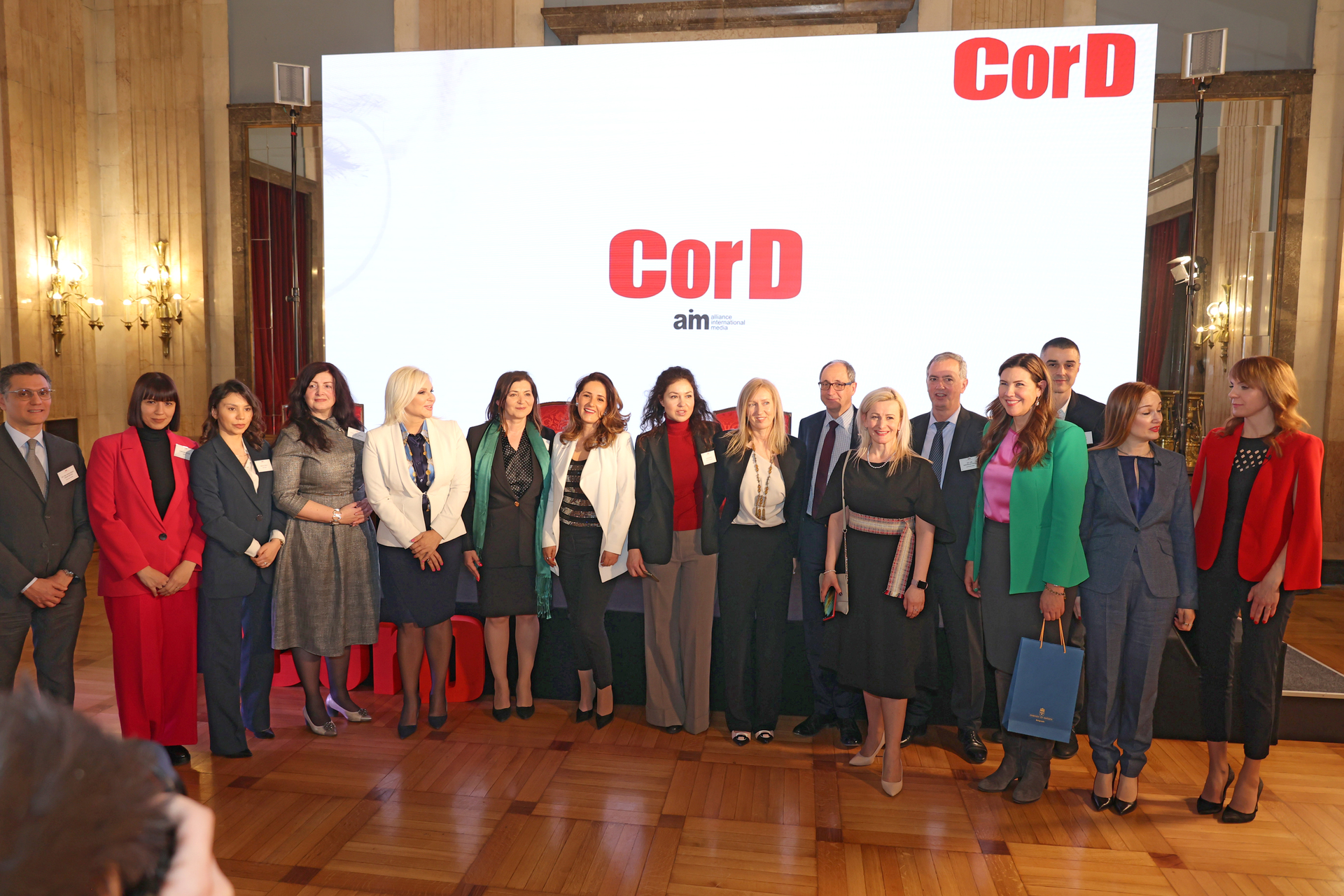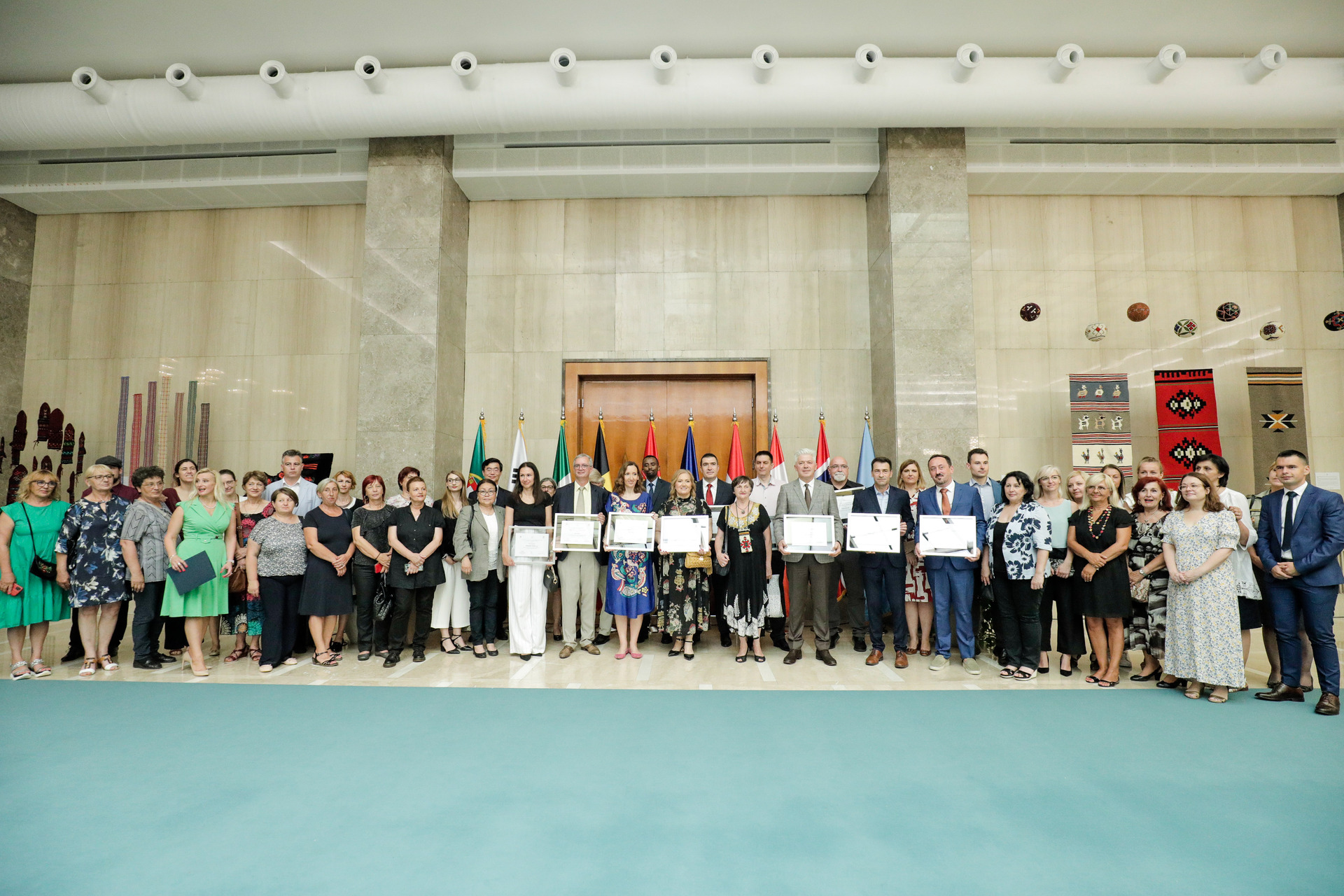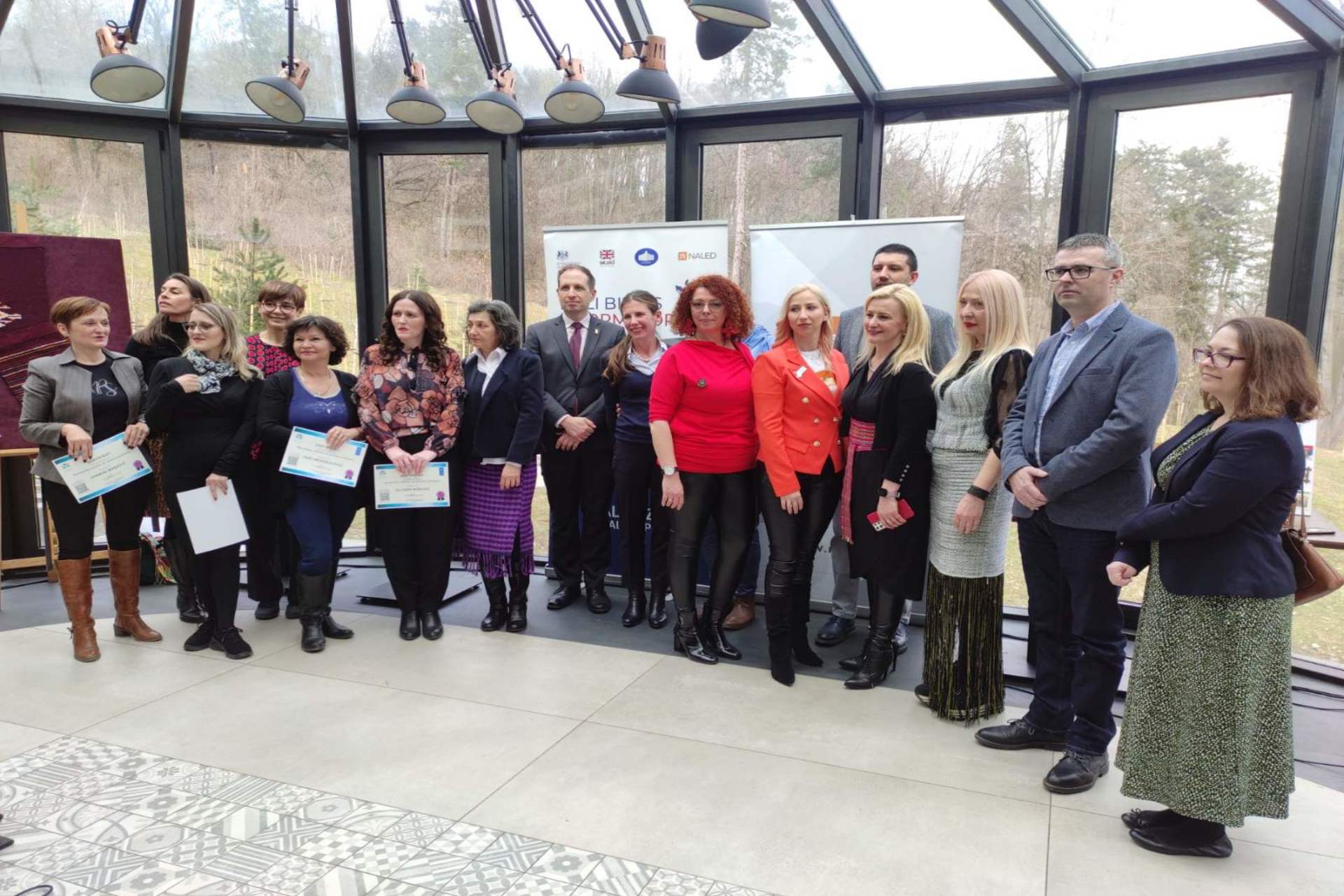More than 90% of women in the countryside own no land whatsoever
The position of women in the countryside has not improved proportionally to other things that have been enhanced in society – on the contrary, with the abandonment and insufficient investment in rural areas, it has become more complex and difficult. Systemic solutions for their empowerment and the reaction of the state and the European Union are necessary in order to provide women with stability, encouragement and a sense of security – it was concluded at the conference "Women as carriers of the rural economy".
Deputy Prime Minister and President of the Coordination Body for Gender Equality Prof. PhD Zorana Mihajlović pointed out that it is necessary to adopt an action plan for the empowerment of women, so that all line institutions and organizations working on these issues would be faster and more efficient. - There are many women who need hope, support to start the journey of independence and finding a job. Currently, 92% of women in rural areas do not own a single meter of land. Our task is to support them and to be more efficient and faster in that support - said Mihajlović.
Through the project "Women as the pillars of rural economy", implemented by Ethno Network, with the financial support of international organization UN Women, concrete support measures were implemented for women engaged in old crafts in Bela Palanka, Pirot, Knjaževac, Sremska Mitrovica, Inđija, Odžaci and Sombor, with the aim of expanding these skills and applying them in other environments as well.
- We worked on education, opening designated spaces and creating other conditions for work, trainings and weaving colonies. We connected creativity and economy, tradition and preservation of rural life. Statistics show that the position of women is less favorable in all areas, which is why we have to continue with direct support measures - said the Director of UN Women Office in Serbia, Milana Rikanović.
The president of Ethno Network, Violeta Jovanović, concluded that the measures highlighted as best practice examples should be applied in other areas as well, but should also grow into permanent support programs through gender budgeting and the implementation of the Law on Social Entrepreneurship.
Canada is one of the leaders in gender equality and social economy. H.E. Ambassador of Canada Giles Norman stressed the need for creating concrete job opportunities for women engaged on traditional crafts, and investing in education of both students and teachers, to facilitate preservation of tradition.
BEST PRACTICE EXAMPLES
City of Sombor - announced the first open call for funds intended for preservation of cultural heritage and the development of a modern way of interpreting local customs and traditions
City of Pirot - provided funds in the 2023 budget for the support and employment of weavers engaged in Pirot carpet production and organized the first Pirot carpet festival
City of Sremska Mitrovica - included handicrafts in the offer of the newly opened tourist center
Municipality of Inđija - started a gold embroidery colony and included the local association and textile school in creative workshops for children and young people and making uniforms for the Celtic Village
Municipality of Knjaževac - provided sales space in the pedestrian zone for the association Ethno centar
Municipality of Bela Palanka - initiated the project for equipping the artisan alley and completed the first phase

